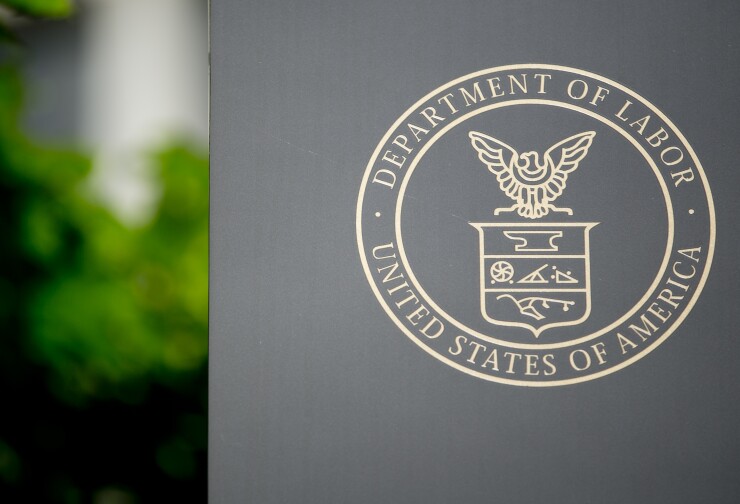All employees are entitled to overtime compensation if they work in excess of 40 hours per week unless they fall within one of the Department of Labor’s exemptions. Exemptions are based on an individual employee’s job duties and compensation. Employers often make the mistake of treating all salaried employees as exempt from overtime (including those who do not meet certain job requirements), which can result in a lawsuit or a penalty imposed by the DOL.

On May 18, 2016, the DOL announced an update to the existing overtime regulations. The new rule, which is effective Dec. 1, updates the regulations for determining whether certain employees are exempt from overtime compensation.
See also:
Prior to the rule change, if employees performed certain duties that fall within one of the “white collar” exemptions (i.e. the executive, administrative or professional exemption) and earned at least $23,660 annually, then they would not be entitled to overtime compensation. The new rule revises the salary component of the exemption and raises the minimum salary threshold from $23,660 to $47,476. Thus, if a white collar exempt employee earns between $23,660 and $ 47,476, as of Dec. 1, he or she will be entitled to overtime compensation.
See also:
The DOL also raised the salary threshold for the “highly compensated employee” exemption from $100,000 to $134,000. Thus, if an employee previously exempt under the “highly compensated exemption” earns between $100,000 to $134,000, as of Dec. 1, he or she will also be entitled to overtime.
According to the DOL, the rule change is expected to extend overtime protections to more than 4 million workers in the first year.
Thus, employers should immediately review their pay scales for their employees and make adjustments where they see fit to either begin paying overtime or to raise employee salary to correspond to the new DOL change.
Employees were previously characterized as exempt should review their job description and salary with their managers, human resources representatives or owners to see if they will be eligible for overtime compensation beginning Dec. 1. This conversation should occur before Dec. 1 so everyone is on the same page and there are no violations.
If employees are uncomfortable discussing this matter internally, they should consult with a qualified employment attorney.





